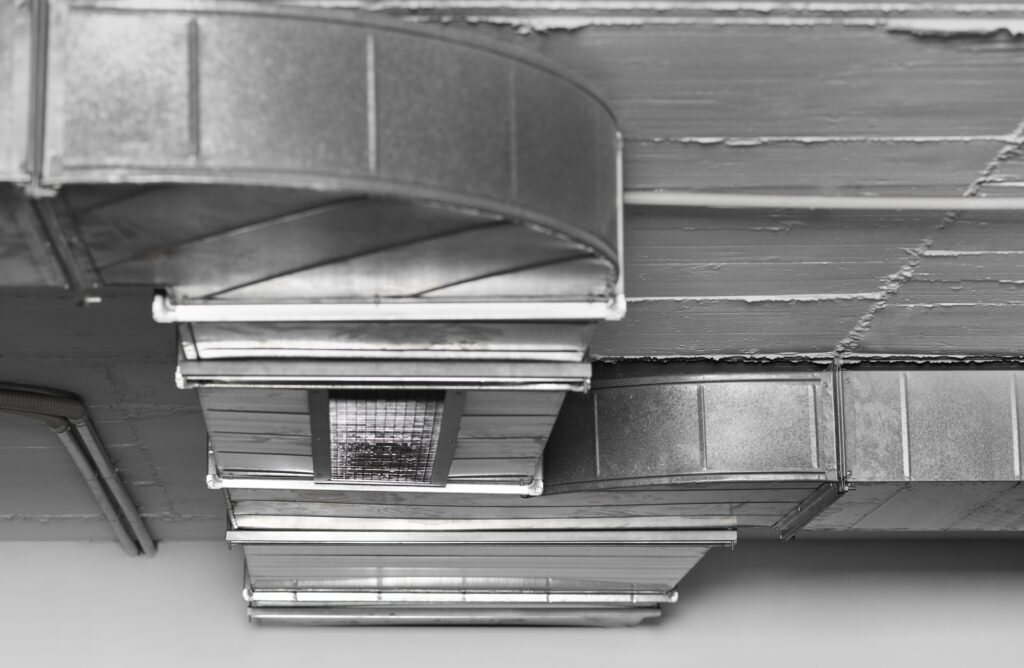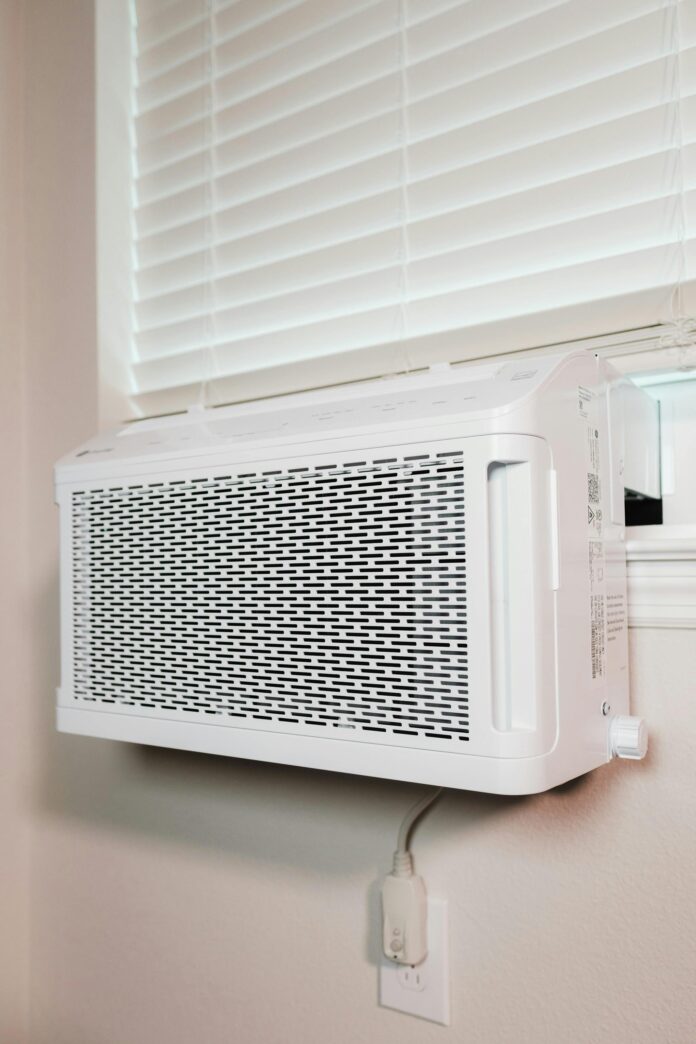Introduction
Proper basement air circulation is essential for maintaining a healthy and comfortable home environment. Poor airflow in basements can lead to musty odors, excess moisture, and poor air quality in the basement, which may cause health issues over time. To combat these basement problems, it’s important to take steps to improve basement ventilation. From installing fans to using dehumidifiers and creating natural airflow, there are several effective strategies to enhance air circulation in your basement. This guide offers practical strategies to revitalize your basement, ensuring it becomes a fresher and more comfortable living area.
Effective Basement Air Circulation: Tips to Improve Ventilation

Ensuring proper air circulation is vital for creating a basement space that is both healthy and comfortable to live in. Poor ventilation can lead to excessive moisture, unpleasant odors, and even mold growth. To improve air circulation in your basement, start by addressing any potential sources of moisture. Install a dehumidifier to maintain optimal humidity levels and reduce dampness. Open vents or windows whenever possible to allow fresh air to flow in and stale air to escape.
Additionally, consider installing exhaust fans or a basement ventilation system to promote consistent airflow. Using portable fans can also help distribute air evenly across the space. For finished basements, incorporating HVAC systems or best air purifiers ensures better ventilation and air quality.
Lastly, keep the area free of clutter, as blocked pathways can hinder airflow. These measures not only improve air circulation but also contribute to a fresher, healthier basement environment.
Why Basement Air Circulation Matters
Air circulation is essential to maintaining the health of your basement and home. Here’s why it’s important:
- Preventing Mold and Mildew: Poor ventilation fosters mold and mildew growth, which can damage walls and furniture and harm your health.
- Reducing Humidity Levels: Effective circulation helps remove excess moisture, reducing the risk of dampness.
- Improving Overall Air Quality: Clean, moving air eliminates odors and ensures a fresh-smelling space.
Common Signs of Poor Air Circulation
Recognizing the signs of poor circulation helps you act quickly:
- Musty Odors: A persistent, unpleasant smell indicates trapped air and potential mold issues.
- Visible Mold or Mildew: Growth on walls, floors, or furniture often points to stagnant, humid air.
- Stale or Stuffy Environment: If the basement feels closed off, you likely have inadequate ventilation.
Steps to Improve Air Circulation in Your Basement
Tackling poor air circulation involves a combination of strategies:
- Using Ventilation Fans: Place exhaust fans in areas prone to moisture to pull out stale air and introduce fresh air.
- Installing Air Ducts or Registers: Connect your basement to your home’s HVAC system to enhance airflow.
- Utilizing Air Purifiers: These devices can clean the air of allergens, dust, and pollutants while improving circulation.
The Role of Dehumidifiers
Dehumidifiers are a game-changer for basement air quality:
- Choosing the Right Dehumidifier: Select a model based on your basement size and humidity levels.
- Where and How to Use a Dehumidifier: Place it centrally or near moisture-prone areas for maximum effectiveness.
Enhancing Natural Airflow
Sometimes, simple adjustments can work wonders:
- Opening Windows and Vents: Allow outside air to flow in, weather permitting.
- Creating Cross-Ventilation: Use multiple openings to facilitate natural air movement.
Insulating and Sealing the Basement
Proper insulation prevents unwanted air exchange:
- Sealing Cracks and Openings: Close gaps to stop drafts and ensure consistent airflow.
- Installing Insulated Windows: These prevent heat loss and improve temperature control.
Maintaining Basement Air Quality
Ongoing maintenance is key to a fresh and healthy basement:
- Regular Cleaning and Maintenance: Clean vents, ducts, and floors to remove dust and debris.
- Monitoring Humidity Levels: Keep humidity below 50% using sensors or smart devices.
Professional Help for Air Circulation Issues
Sometimes, professional assistance is the best solution:
- When to Consult an Expert: If DIY measures fail or the problem is severe, a professional can assess and resolve the issue.
- Costs and Benefits of Professional Solutions: While the investment may be significant, the long-term benefits for air quality and home value are worth it.
Conclusion
Improving air circulation in your basement is a small effort with big rewards. It ensures a healthier, more comfortable space free of odors, mold, and excess moisture. Whether you opt for simple fixes like fans and dehumidifiers or invest in professional solutions, prioritizing basement air quality will enhance your home’s overall environment. Don’t wait to tackle this issue—your basement deserves to breathe freely.
Ensuring effective air circulation in your basement is a critical step toward creating a comfortable and livable space. Poor airflow not only contributes to dampness and odor but can also compromise the structural integrity of your home due to mold and mildew buildup. By using dehumidifiers, exhaust fans, and HVAC systems, you can enhance ventilation and maintain optimal air quality.
Opening windows or vents, combined with the strategic use of portable fans, can further improve airflow. For finished basements, consider advanced ventilation solutions to ensure the air remains clean and fresh. Regularly decluttering the basement also plays a significant role in facilitating unrestricted airflow. Ultimately, investing time in improving your basement’s air circulation leads to a healthier living environment while protecting your home’s value. With these strategies, you can turn your basement into a functional, odor-free, and inviting part of your home.
FAQs
How do I know if my basement has poor air circulation?
Musty smells, visible mold, and a stale environment are common signs.
Can I improve air circulation in a windowless basement?
Yes, by using ventilation fans, dehumidifiers, and connecting to the HVAC system.
What’s the ideal humidity level for a basement?
Aim to keep humidity below 50% to prevent moisture-related issues.
Are ventilation fans effective in basements?
Yes, they help remove stale air and introduce fresh airflow.
How can I reduce basement odors without expensive equipment?
Regular cleaning, natural ventilation, and using activated charcoal can help.














